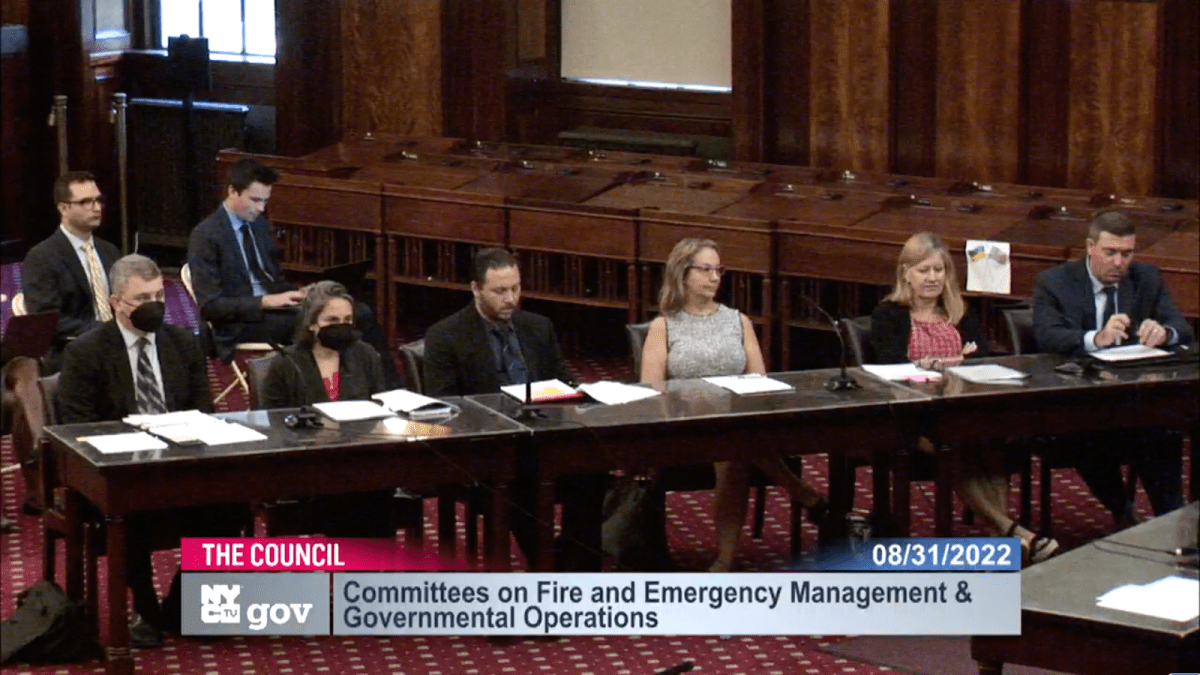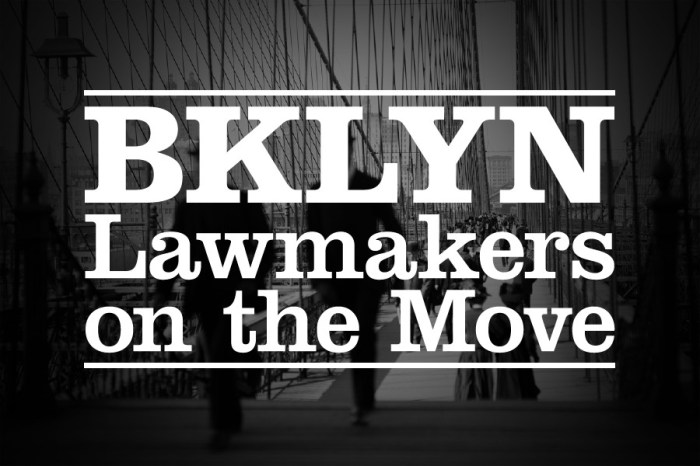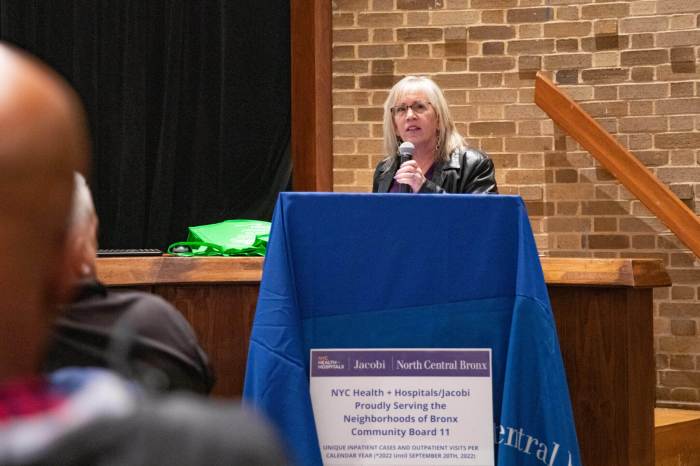Officials from Mayor Eric Adams administration Wednesday pushed back on two proposed City Council bills meant to strengthen the city’s pandemic preparedness, casting one as outside assigning responsibility to the wrong city agency and the other as redundant of practices the city already has in place, during a council oversight hearing.
The joint hearing held by council’s Committee on Fire and Emergency Management and Committee on Governmental Operations, was meant to examine the proposed legislation and hear from relevant agency honchos about the city’s pandemic preparedness and response more broadly. The pair of bills, Ints. 95 and 367, would require the New York City Emergency Management (NYCEM) Commissioner to issue a report on the city’s pandemic readiness and the creation of an Office of Pandemic Preparedness respectively.
During her testimony, however, NYCEM First Deputy Commissioner Christina Farrell said the agency opposes Int. 95 – sponsored by City Council Member Justin Brannan (D-Brooklyn) – because it would assign them to report on responsibilities that fall under the city Department of Health and Mental Hygiene (DOHMH), which would be in violation of the City Charter.
“As discussed, this core competency does not fall under emergency management, as the Department of Health and Mental Hygiene’s core competency is public health,” Farrell said. “We do not have charter authority to report out on and audit our sister agencies.”
The Office of Pandemic Preparedness that would be established through Int. 367 – sponsored by City Council Member Marjorie Velázquez (D-Bronx), would receive pandemic readiness plans from other city agencies and submit those to NYCEM for review. The proposed office would also hold a yearly pandemic planning summit with officials from city agencies, academics, industry leaders and infectious disease experts.
“What is clear is that New York City should have been more prepared for the COVID pandemic and that we must be ready for the next one,” Velázquez said. “As we learned, pandemic readiness falls under the umbrella of emergency response. And to have an effective plan we must ensure that OEM has as much information as possible to act fast.”
But Farrell said her agency is opposed to the bill because it’s “duplicative of work already underway.”
“New York City Emergency Management, the health department, Fire Department, and NYPD have identified procedures for notifying each other of a potential public health threat and how to convene the agencies to share situational awareness and to identify operational strategies for a pandemic response. Emergency Management is working through operational coordination and strategies while the DOH is working through the clinical and scientific functions of pandemic preparedness,” Farrell said.
“We are interested in engaging with the council further on this topic to better discuss this ongoing work and incorporating elements into it that the council feels may be needed,” she added.
The hearing was called as the city is currently dealing with multiple public health crises: the coronavirus pandemic that has raged for over two years, the Monkeypox outbreak – where there are nearly 3,000 cases citywide as of Aug. 27 – and the reemergence of polio.
City Council Member Gale Brewer (D-Manhattan), who was presiding over the hearing with Council Member Joann Ariola (R-Queens), said she also saw how the bill could be duplicative of actions city agencies already undertake. She then asked Farrell if NYCEM already has a specific point person or team in place to review pandemic related plans from other city agencies.
Farrell said the agency does have a planning division that coordinates health, medical, transportation, utilities, infrastructure and human services. Plus, she said, there’s a plan management piece to that, which oversees the building of various plans, working with the health department and other agencies.
Brewer responded by suggesting NYCEM make sure the public is aware that the agency is already actively planning for future public health emergencies.
“My suggestion would be to make it clear to the public that this entity exists within and get the information out in a way that is understandable so people know that it exists,” Brewer said. “That’s the problem with government, we don’t tell anybody – not necessarily you – in a comprehensive fashion that anybody can understand, what the hell we’re doing.”












